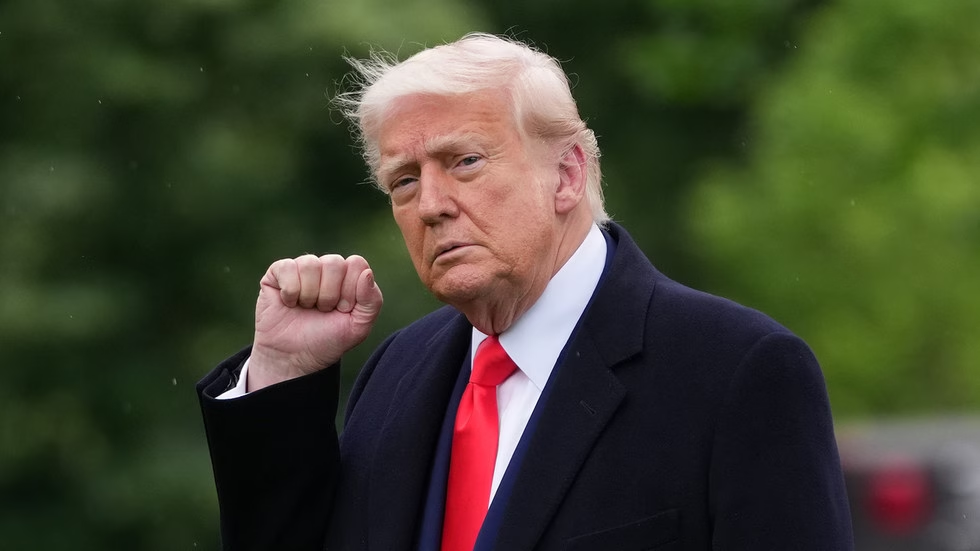In a significant development, the United States has announced a delay in introducing a 50% tariff on goods from the European Union. The new deadline for the tariffs, initially set for June 1, has been pushed back to July 9, as revealed by President Donald Trump on Sunday. This move follows a phone conversation between Trump and European Commission President Ursula von der Leyen, where she requested a delay in the implementation of the tariffs.
According to Trump, von der Leyen’s request for an extension was granted, with the President stating, “I agreed to the extension – July 9, 2025 – it was my privilege to do so.” Trump has previously expressed dissatisfaction with the US trade deficit with the EU, labeling it “totally unacceptable” and characterizing the EU as “very difficult to deal with” in trade negotiations. Meanwhile, von der Leyen described her conversation with Trump as “good” and emphasized that Brussels is prepared to “advance talks swiftly and decisively” to reach a deal.
The US had initially imposed a 20% tariff on all EU goods, along with a 25% tariff on car and metal imports, in April. Although the 20% tariff was later suspended for 90 days, with only a 10% baseline retained, it is set to resume on July 9. If no agreement is reached with the EU by then, the tariffs will increase to 50%. The only new trade agreement announced since then has been with the United Kingdom, which the EU criticized for maintaining a 10% baseline tariff on British exports while easing higher tariffs on steel and cars.
The EU has warned of potential retaliatory measures against the US unless more favorable terms are secured. Trump has long accused the EU of unfair trading practices, citing the bloc’s extensive regulatory framework as a contributor to the transatlantic trade imbalance. Recently, the US President reiterated his criticism, stating that the trade deficit is driven by various factors, including trade barriers, taxes, and unfair lawsuits against American companies. As the situation continues to unfold, the international community will be watching closely to see how these trade negotiations play out and what impact they may have on global commerce.
